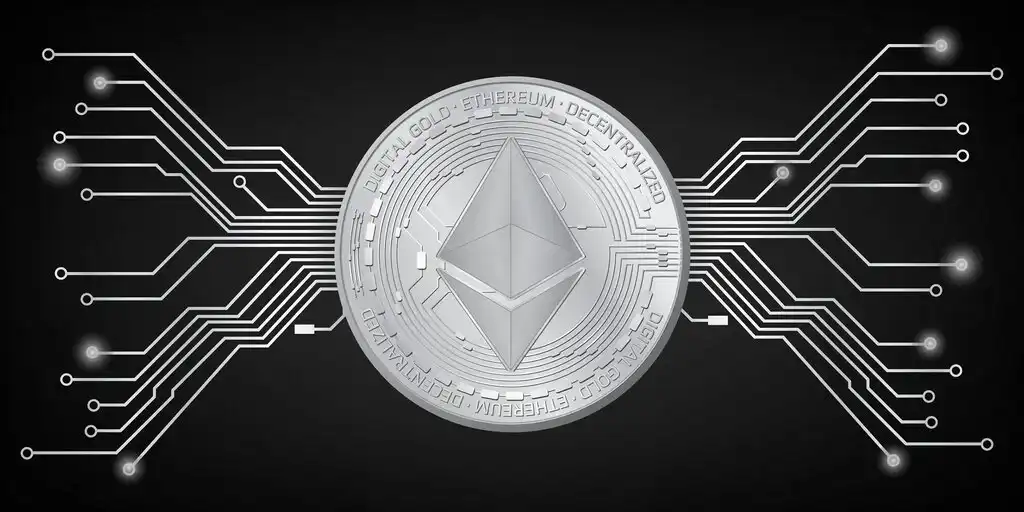Learn about Ethereum's Dencun upgrade and its impact on gas fees, layer two networks, and market predictions.
Ethereum's imminent hard fork, the Dencun upgrade, looms just two days away, poised to mark a significant milestone for the network since the Merge. However, unlike its predecessors, experts suggest that Dencun's impact on Ethereum holders might be nominal.
"Max Wadington, Research Analyst at Fidelity Digital Assets, remarked, 'This signals a notable shift in Ethereum's focus, transitioning from directly serving users to catering to other blockchains.'
"The key highlight of Dencun is the introduction of EIP 4844, dubbed 'protodanksharding,' which promises to lower gas fees on Ethereum's layer two (L2) networks. This upgrade will enable L2 transactions to settle on Ethereum through a novel transaction type called 'blobs,' optimizing gas usage by temporarily storing significant data in a more efficient manner.
"This development positions networks like Polygon, Arbitrum, and Optimism as direct beneficiaries, as they process transactions in batches, known as 'rollups,' before finalizing them on Ethereum.
"David Silverman, VP of Product at Polygon Labs, expressed optimism, stating, 'We anticipate a substantial reduction in costs for Polygon ZK EVM following the upgrade, closely following Polygon's Feijoa enhancement, which awaits a scheduled release date.'
"Furthermore, Silverman predicts a marginal decrease in proof of stake costs, attributed to Ethereum L1 block space becoming marginally cheaper. Overall, he believes the upgrade signals Ethereum's broader pivot towards leveraging L2s as an execution layer.
"'Ethereum is recognizing the necessity to shift towards using L2s as an execution layer,' Silverman added.
"According to a research report by Fidelity, the upgrade will necessitate an additional 100 gigabytes of SSD storage and 64 kilobytes per second of bandwidth for Ethereum node operators. However, these requirements are incremental compared to the existing 2 terabytes and 25 megabytes per second demands, indicating minimal impact on Ethereum's decentralization.
"Currently, L2 submission fees constitute approximately 10% of all L1 fees, but are expected to witness a substantial decline post-upgrade.
"In contrast to the Merge, Dencun lacks any 'number-go-up' technology, such as the 'triple halving,' or a new yield mechanism for ETH. Nonetheless, a research report by JPMorgan published in December suggests that the upgrade could propel ETH to outperform BTC in 2024.
"'We anticipate Ethereum to reclaim market dominance within the crypto ecosystem next year,' JPMorgan analysts noted, citing protodanksharding as a key catalyst. 'This upgrade is poised to significantly enhance Ethereum network activity, potentially leading to outperformance.'
"While Bitcoin surged to an all-time high exceeding $72,600 on Monday, Ethereum breached the $4000 mark. Year to date, both assets have witnessed a remarkable 63% and 71% increase respectively.



